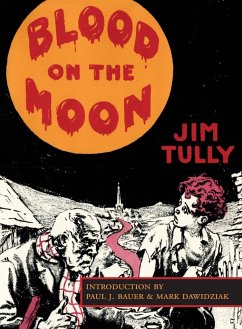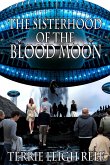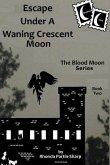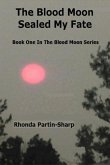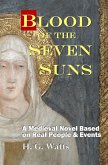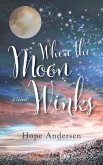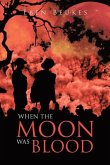Blood on the Moon (1931) is Tully's fifth and final book in what he called his Underworld Edition-a series of autobiographical books focusing on different aspects of his childhood and youth. As the concluding book in the series, Tully looks back at subjects from the previous four Underworld books. There are hobo stories that would have fit well in Beggars of Life, there are Hughie Tully's stories that could have come from Shanty Irish, the Great Slavinsky would have been at home in Circus Parade, and there are grifters who could have plied their trade in Shadows of Men. There's also the brutal description of the 1906 World Lightweight title fight between Joe Gans and Battling Nelson. The fight went an incredible 42 rounds in 100 degree heat and Tully's description is as tough and vicious as anything that would later appear in Tully's classic boxing novel, The Bruiser. And in the chapter "Ladies in the Parlor," Tully describes the women who work in a brothel with sympathy but without romanticizing them.
Hinweis: Dieser Artikel kann nur an eine deutsche Lieferadresse ausgeliefert werden.
Hinweis: Dieser Artikel kann nur an eine deutsche Lieferadresse ausgeliefert werden.

